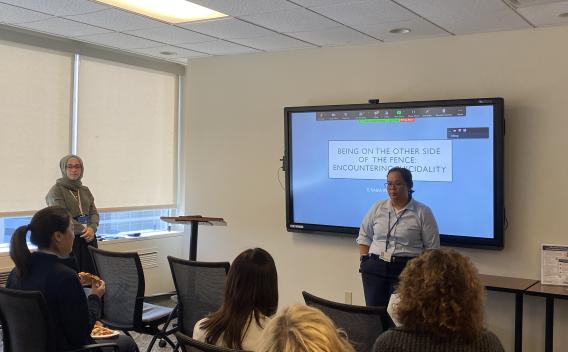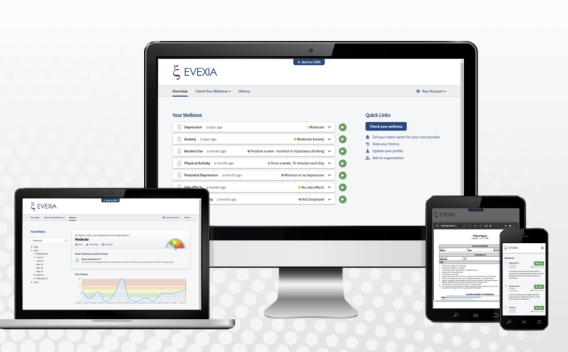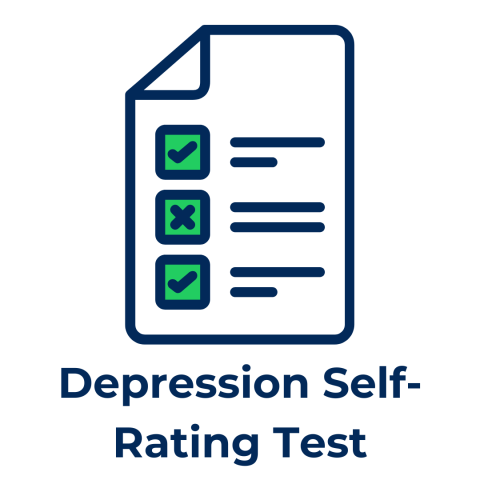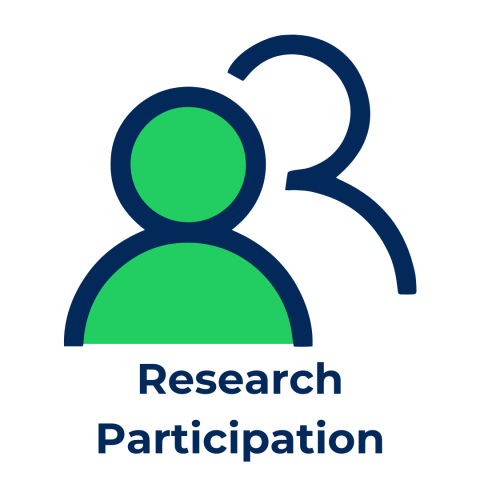Furthering Research into Suicide Prevention
Our priorities at the CDRC include studying biomarkers related to youth suicide risk and more effective ways to treat suicidal ideation and behavior. To further this goal of reducing adolescent suicidality, our team has received two grants from the American Foundation for Suicide Prevention (AFSP) and the National Institute of Mental Health (NIMH). Because depression often begins early in life, our goal is to proactively study the disease in young people to ultimately prevent or minimize its impact population-wide.
Real People, Real Research
Housed within the Department of Psychiatry at UT Southwestern Medical Center, we have one of the strongest programs in the nation for mood disorders research and treatment.
Characterizing Inflammatory Profiles and Suicidal Behavior in Adolescents
The American Foundation for Suicide Prevention has awarded the CDRC a 3-year grant to develop immune profiles for adolescents with suicidal behavior and those at risk. The overarching goal of this study is to understand how the unique aspects of functioning of our immune system might relate to mental health and suicidal thoughts. We will recruit 225 adolescents for this observational research study through partnerships with Children’s Medical Center and the surrounding Dallas/Fort Worth community.
Double-Blind Randomized Controlled Trial of Acute-Course of Ketamine Versus Midazolam for Recurrence of Suicidality in Adolescents (TASK)
The National Institutes of Health (NIH) has awarded the CDRC a grant to explore the efficacy of ketamine treatment for teens who have had made a recent suicide attempt. This is a double-blind treatment study where participants will either receive (4) Ketamine or Midazolam infusions over the course of a two-week period. Ketamine is a rapidly acting medication shown to have reduced suicidality among adults in a matter of hours or days. With this study, our hope is ketamine treatments will result in greater symptomatic improvement in the short-term and lower the likelihood of a repeat suicidal event in the future among adolescents (ages 13-18 years). We will recruit 264 adolescents for this project, making it one of the largest studies to date looking at the potential impact of Ketamine on adolescent suicidality.
Educating the Future
The CDRC is committed to providing learning opportunities for clinicians, students, and anyone in our community interested in learning more about mental health and resilience. Through many of our programs, we are training the next generation of mental health care providers and increasing the quality of treatments to patients in North Texas.
Find out more
Fostering Change
Nearly 20 million Americans experience depression, but many will never seek treatment, according to the National Institute of Mental Health. Understanding your stressors, and symptoms is the best way to prevent or seek help when you notice changes.
Find out more
Leading the Discussion
To better understand the areas of greatest impact, we have identified and partnered with schools, community organizations, and healthcare systems on initiatives to improve the diagnosis and treatment of mood disorders and enhance suicide prevention efforts.
Find out more
Solving Depression, Saving Tomorrows
Be part of the great impact we're having on science and medical care across the globe.
The Center for Depression Research and Clinical Care has one vision: a future free from the burden of depression. More than a center, we are a community of committed faculty and staff, collaborators, clinicians, research participants, and community partners, as well as, the donors and advocates who are critical to our mission.




